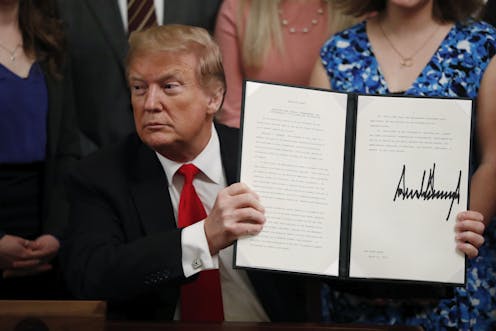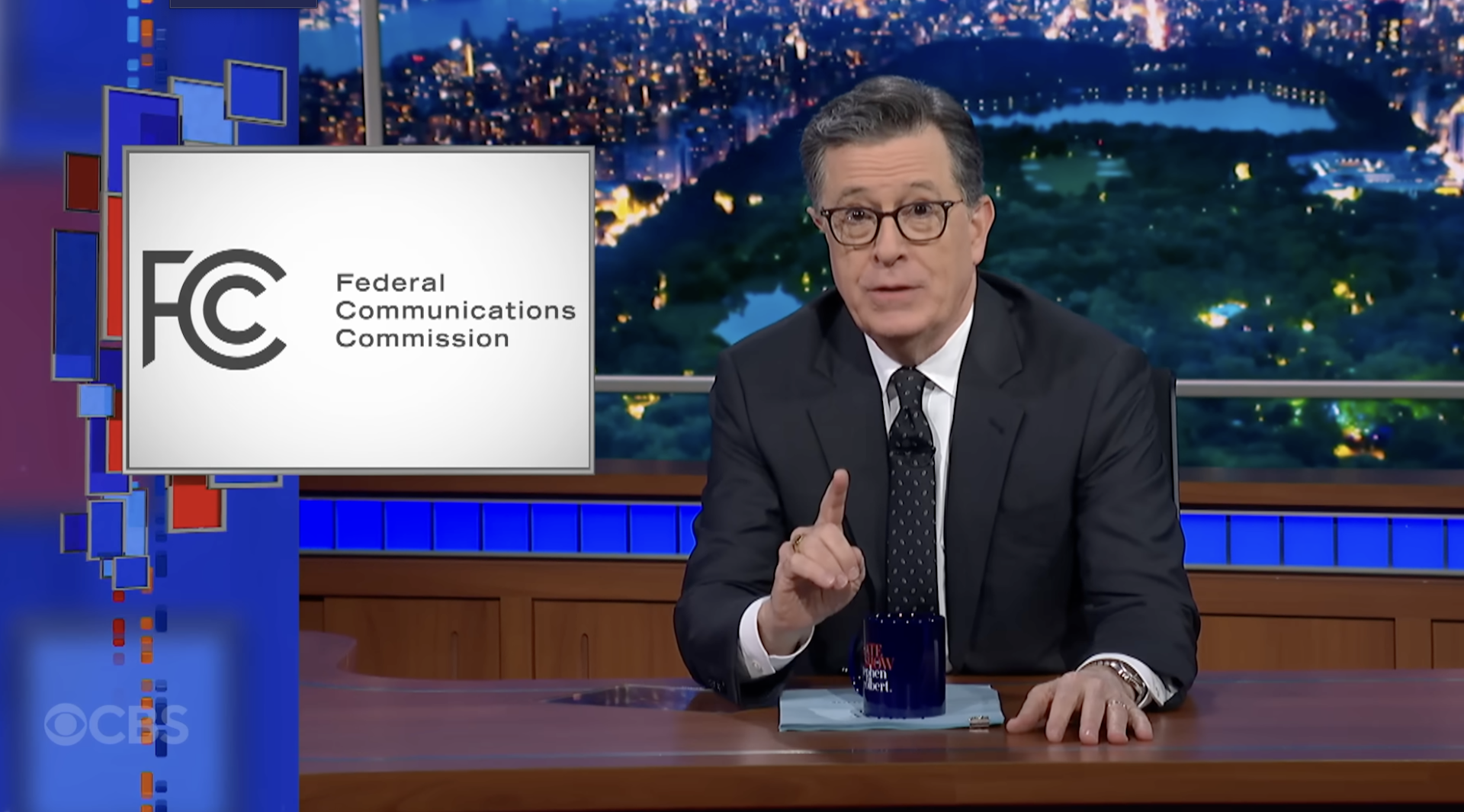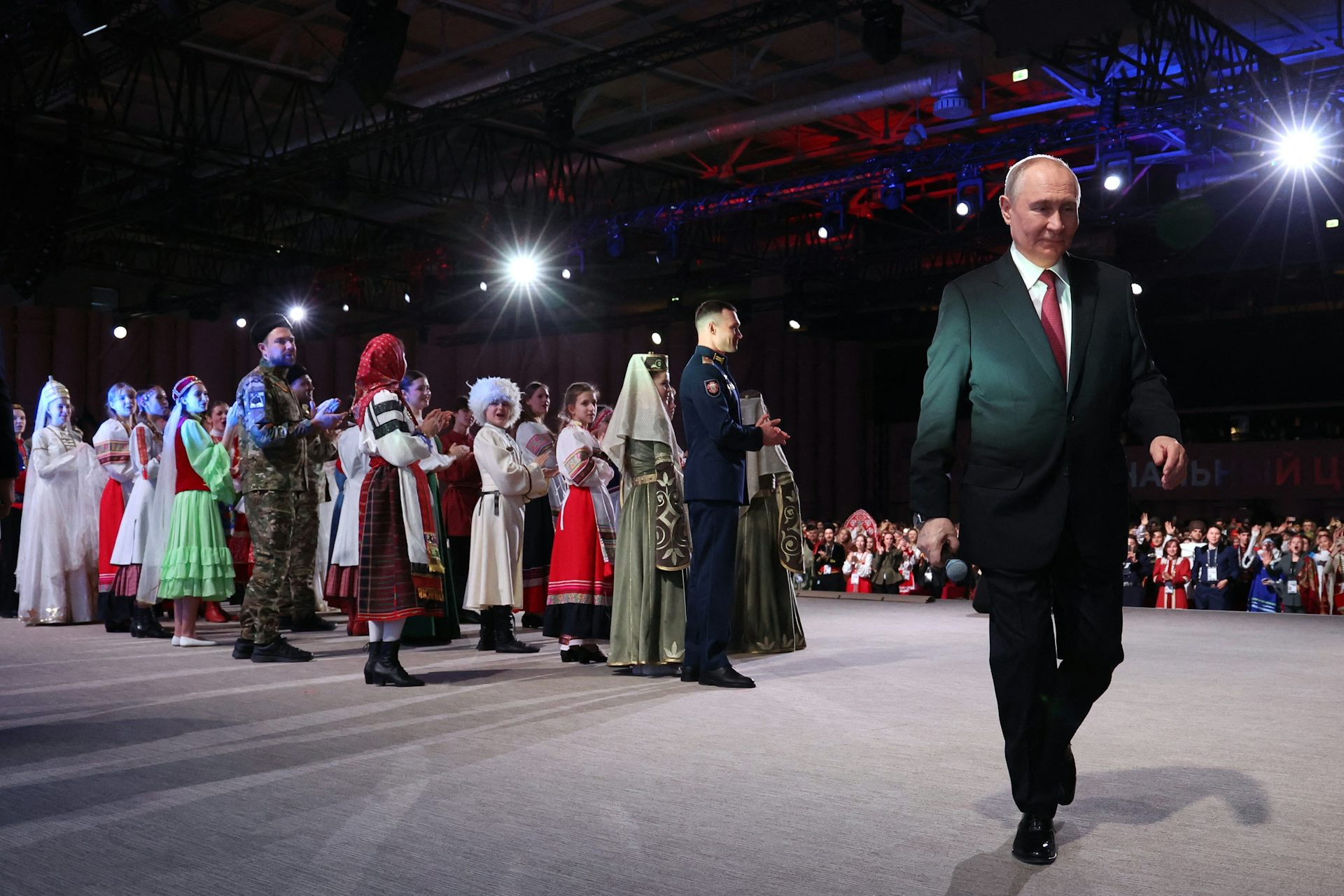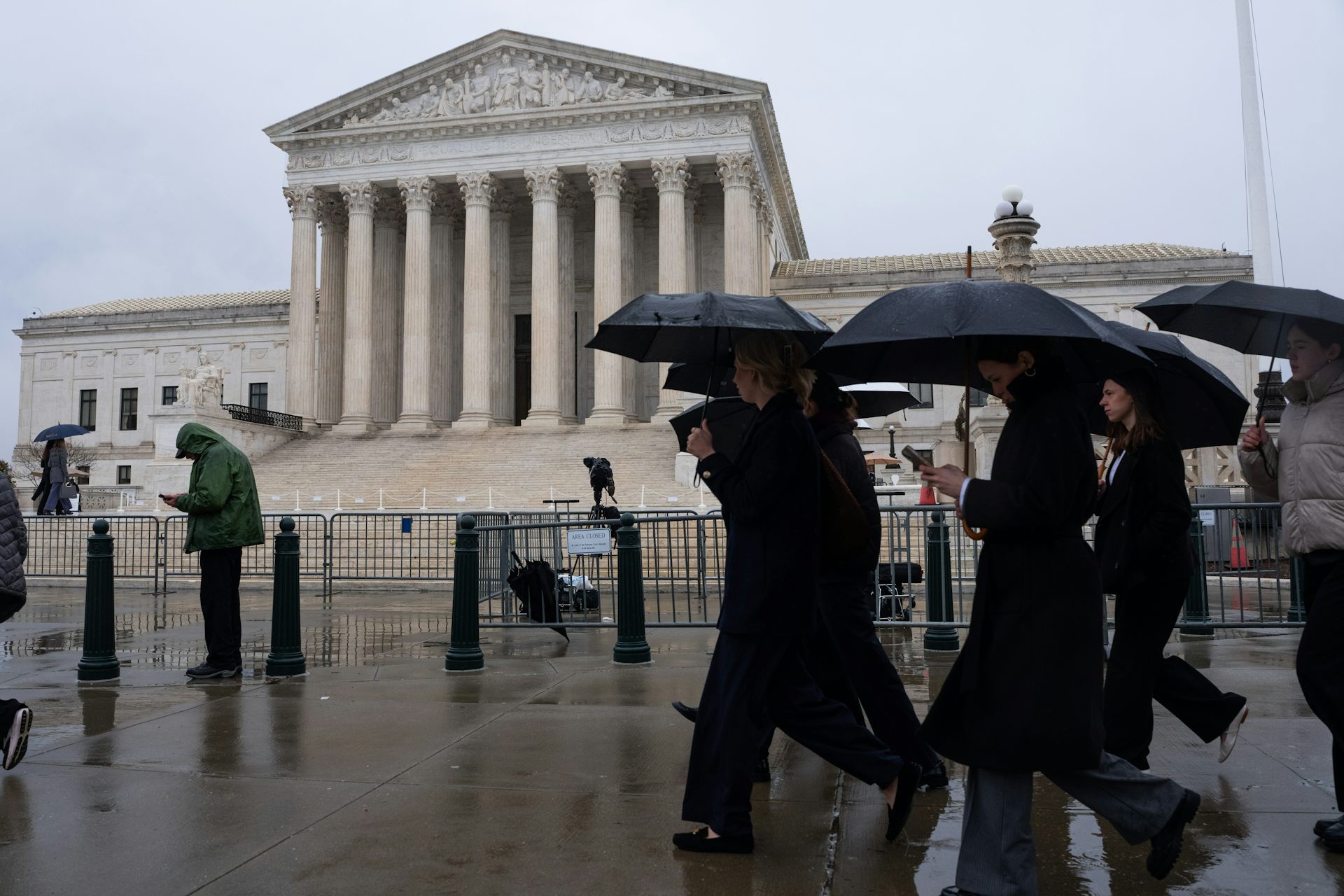What President Trump's executive order on campus free speech is really meant to do
Though largely political and symbolic, the campus free speech order that President Trump issued matters because it ties millions of federal research dollars to how well colleges protect free speech.

The much anticipated executive order that President Donald Trump issued March 21 to protect free speech on campus is about politics, not policy.
The proof is in the executive order itself. The order implies that campuses that limit speech will lose federal grants. However, the free speech aspects of the order demand that universities to do what they do already.
The order directs 11 federal agencies that make research and education grants “to ensure institutions that receive Federal research or education grants promote free inquiry, including through compliance with all applicable Federal laws, regulations, and policies.”
Public institutions are already bound by law to uphold the First Amendment. And, as First Amendment watchdogs note, most private universities protect speech. Universities are already required to comply with numerous civil rights and equal protection laws to qualify for federal funding.
Political context
The order comes at a time when many of Trump’s core supporters are concerned with what they perceive to be a culture of political correctness in American higher education. In response to these political concerns, Trump first threatened to pull federal research funding from the University of California at Berkeley in 2017 after the school canceled a scheduled appearance by incendiary speaker Milo Yiannopoulos. The president repeated his promise to pull federal research dollars from campuses that do not protect the First Amendment in a speech to the Conservative Political Action Conference in February of this year.
The campus free speech executive order is the president’s attempt to make good on the promise to his political base.
It is not clear how the order would work or be enforced. But if the free speech order is political symbolism, why does it matter? As a scholar who studies the politics of higher education and research funding, I believe the order matters in the following ways.
Mostly about student outcomes
The biggest likely impact of the order has nothing to do with free speech.
The order directs the Department of Education to provide more granular information about student debt and earnings on the College Scorecard. The Obama administration set up the Scorecard to provide information about college affordability and outcomes.
Under the order, institutions will have to give the Department of Education program-specific information about how much their graduates earn and how well they are doing at paying back their student loans.
In this sense, the order is an extension of long-term and bipartisan federal market-based education policy. The idea is that college affordability and student outcomes can help students make better informed choices about which college to attend.
Federal research dollars at stake
The order may also have some potential consequences to scientific research.
In 2017 the federal government spent over US$40 billion on academic research, which supported included studies vital to improving health and public welfare. The University of California at Berkeley, for example, alone received $330 million in federal research funds. Pulling those funds to settle a political score would damage university finances and impede the course of science.
Holding a high standard for speech protection could also have consequences for the president’s base. Liberty University, headed by Trump ally Jerry Falwell Jr., has been cited by free speech advocates as having a repressive climate for free expression. However, in 2017 Liberty won only $120,000 in federal research grants – so it doesn’t have much to lose.
Brendan Cantwell does not work for, consult, own shares in or receive funding from any company or organisation that would benefit from this article, and has disclosed no relevant affiliations beyond their academic appointment.
Read These Next
Why Stephen Colbert is right about the ‘equal time’ rule, despite warnings from the FCC
The ‘equal time’ rule has been around for a century and aims to promote broadcasters’ editorial…
As war in Ukraine enters a 5th year, will the ‘Putin consensus’ among Russians hold?
Polling in Russia suggests strong support for President Vladimir Putin. Yet below the surface, popular…
Supreme Court rules against Trump’s emergency tariffs – but leaves key questions unanswered
The ruling strikes down most of the Trump administration’s current tariffs, with more limited options…






